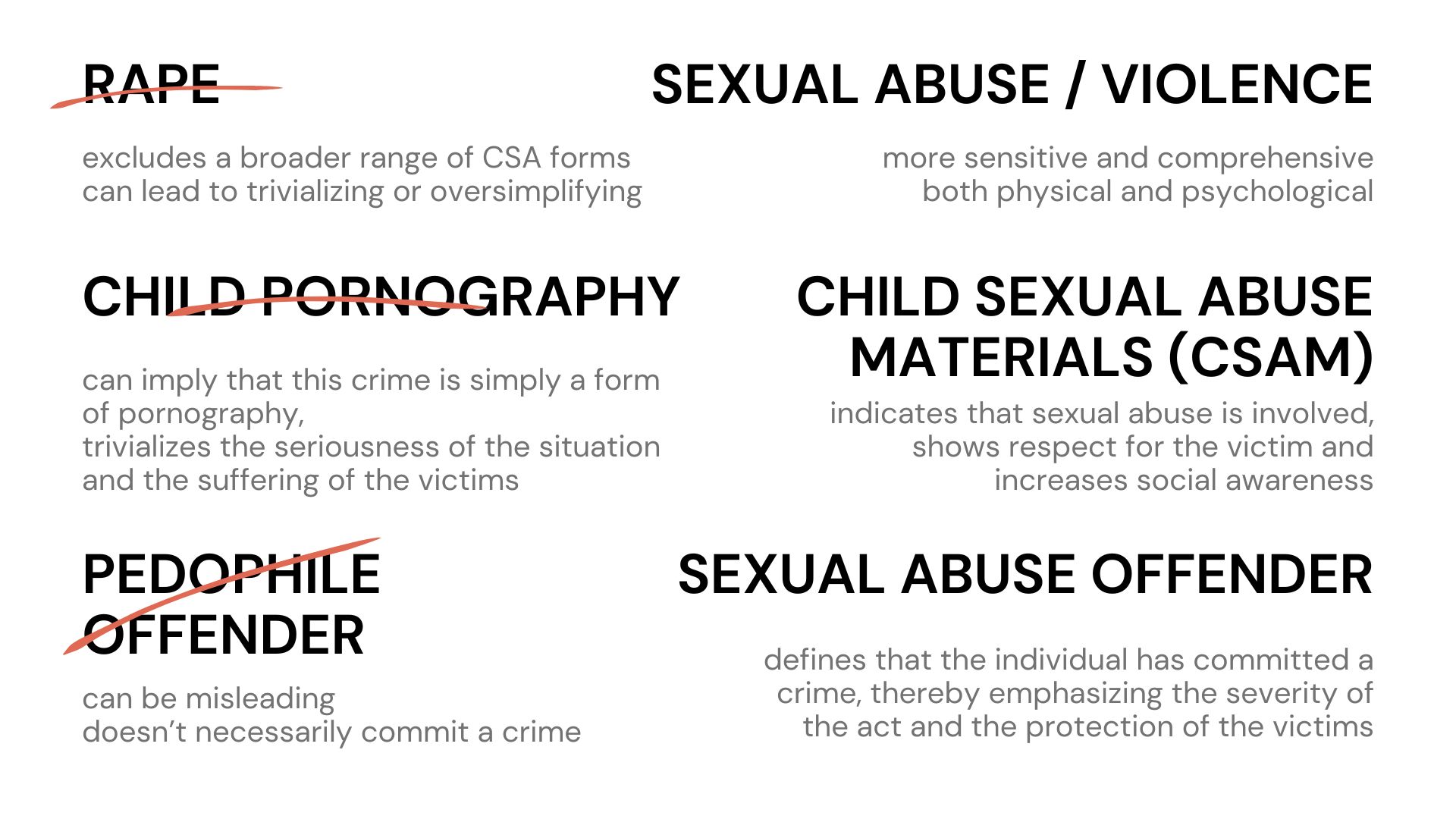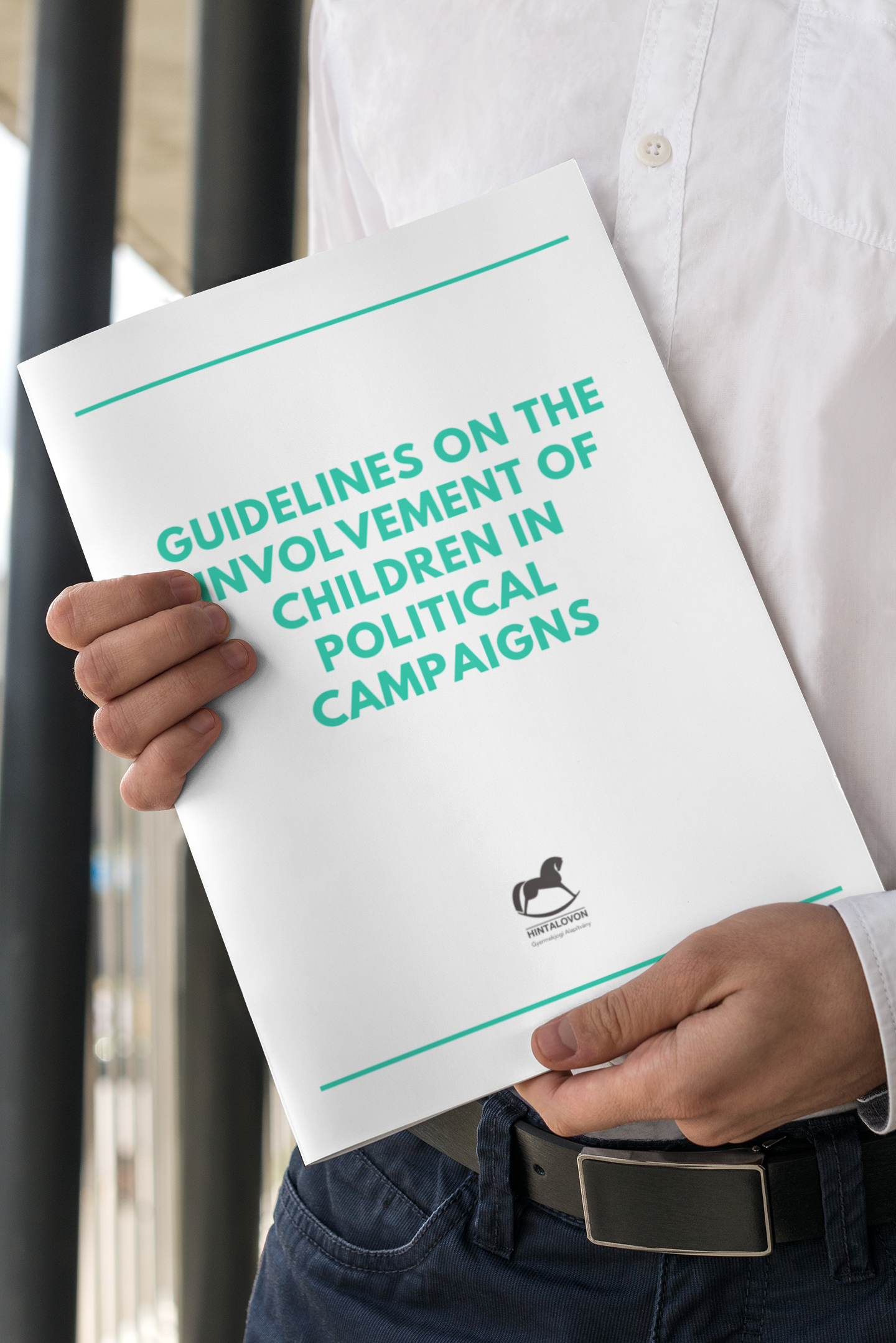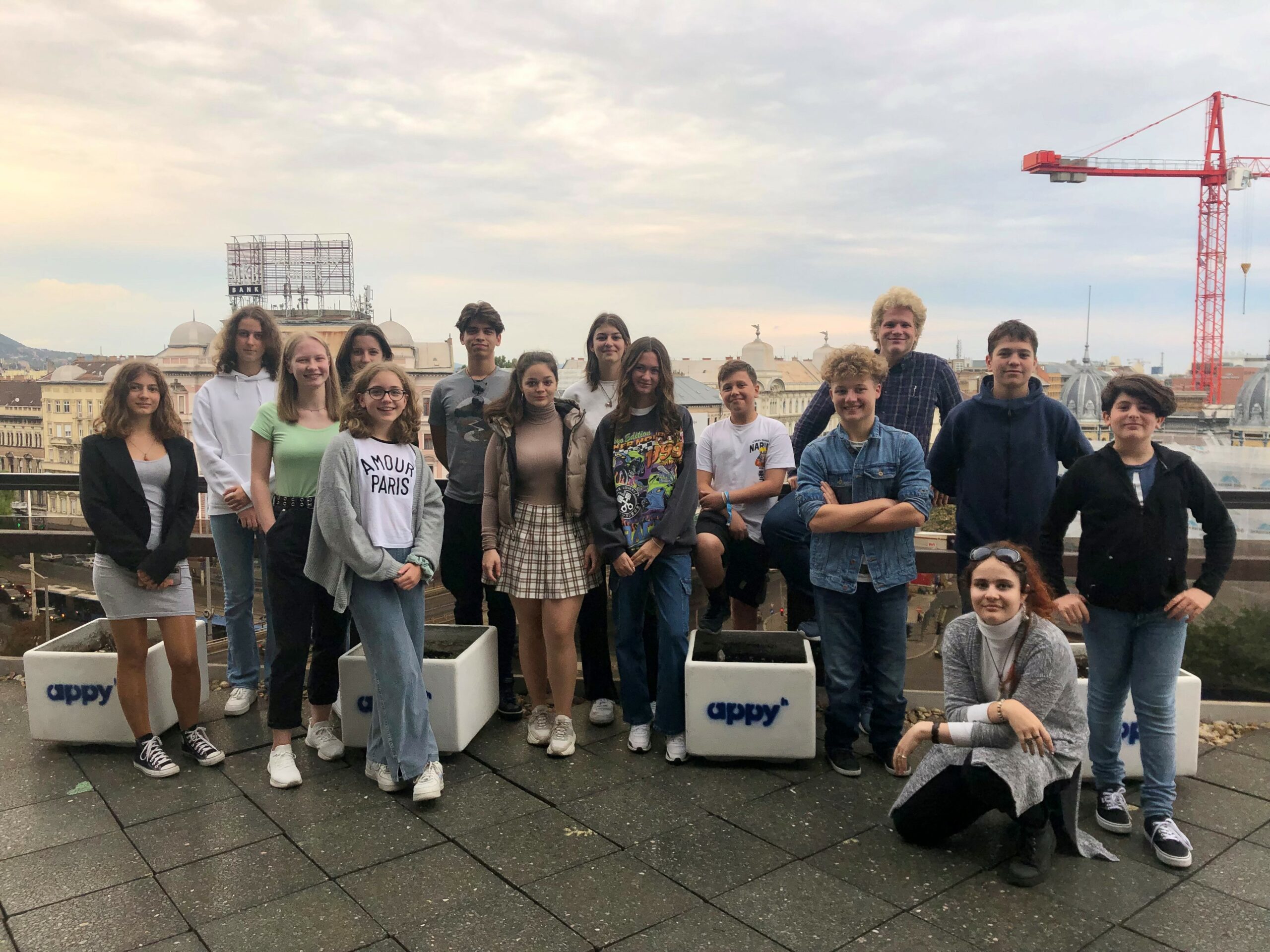At the request of ECPAT International, we conducted a study in 2024 to explore the advocacy challenges and strategies of child-focused civil society organizations (CSOs) in Hungary. These organizations operate in a unique context, facing not only global challenges common to the international arena but also grappling with an increasingly strained Hungarian child protection system. The systemic issues in this sector are so profound that even the parallel services provided by committed CSOs can only offer partial solutions to individual problems. The research identified trends suggesting that deeply rooted challenges, combined with political and ideological attacks, are pushing divided organizations toward greater collaboration.
Civil society organizations in Hungary are increasingly restricted by stricter regulations, financial constraints, and societal indifference, which force them into survival mode rather than allowing for growth. The research highlights that, in this politically volatile environment, adopting conflict-avoidance strategies and building collaborative networks is crucial for sustaining advocacy efforts. However, reliance on coalitions alone may not be sufficient to protect these organizations.
The research report also offers several recommendations. Key among these is developing a clear, localized definition of advocacy to promote unified action within the sector, investing in long-term educational and awareness-raising initiatives to enhance societal understanding of children’s rights, and leveraging high-quality service delivery as an advocacy tool. Furthermore, strengthening digital security, legal protection, and psychological support for staff is essential to maintaining organizational resilience. Lastly, achieving financial independence from state and international donors can enhance autonomy, enabling organizations to carry out their missions more freely even in an increasingly restrictive environment. This multifaceted approach is vital for organizations to adapt to the changing political climate while safeguarding the rights of children and the vulnerable professionals who care for them.
The research report is available in both Hungarian and English.
On June 12, 2025, we hosted the webinar “Navigating Child Rights Advocacy in Shrinking Democratic Spaces” in cooperation with ECPAT. The event explored how shrinking civic space affects child rights advocacy, drawing from our recent empirical research, as well as the Hungarian and European contexts.
The session brought together civil society actors, researchers, and international partners to discuss the challenges posed by restrictive environments and to share strategies for maintaining meaningful advocacy. The webinar concluded with a rich discussion and exchange of experiences among participants. Watch the webinar recording here:
Download the presentations:
- Main findings of the empirical research – Karolina Balogh, Hintalovon Foundation, HUN-REN Centre for Social Sciences, Institute for Sociology
- Hungarian Context – Dóra Merényi, Hintalovon Foundation, ECPAT Hungary
- European Context – Márton Gerő, HUN-REN Centre for Social Sciences, Institute for Sociology
The webinar was moderated by Szilvia Gyurkó.
We are grateful for the generous support of the General Delegation of Flanders, whose funding made this event possible.
Thank you to everyone who participated and contributed to the dialogue. We hope these resources will support ongoing efforts to defend and promote children’s rights in challenging democratic settings.












